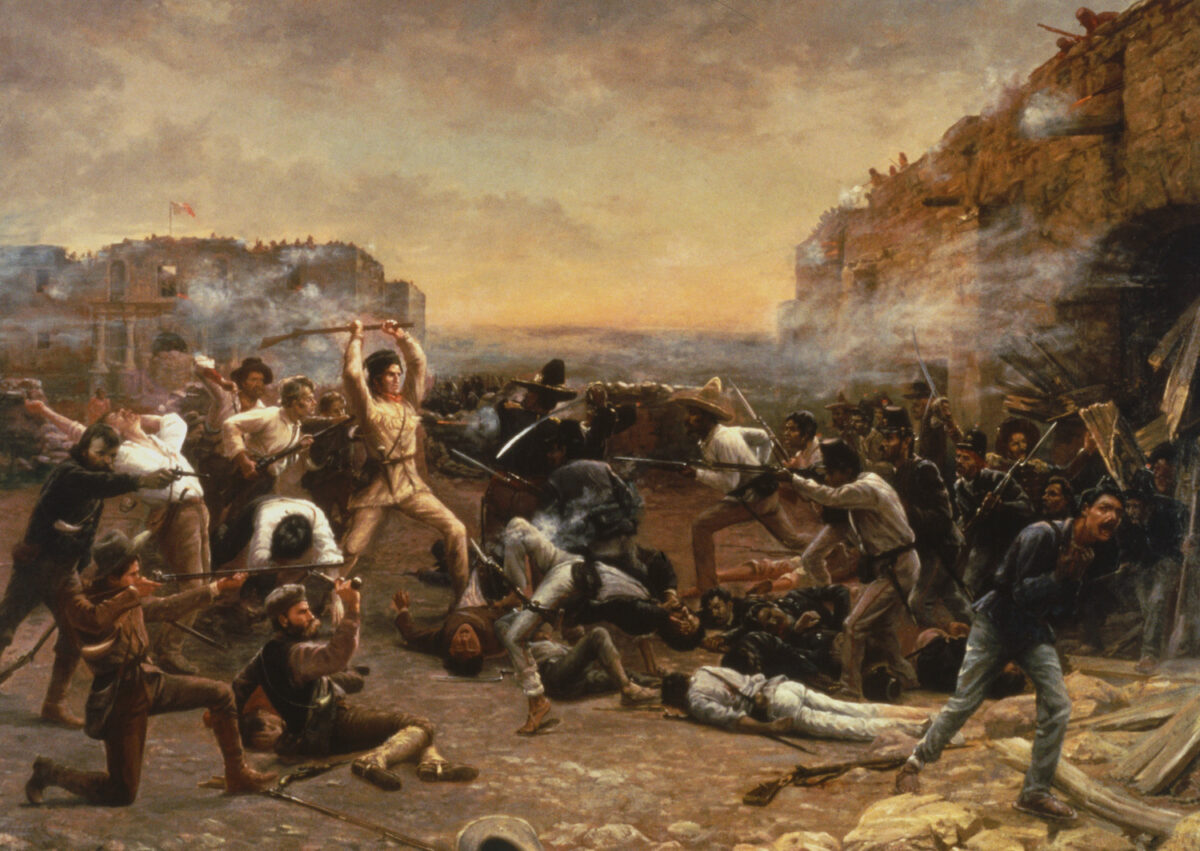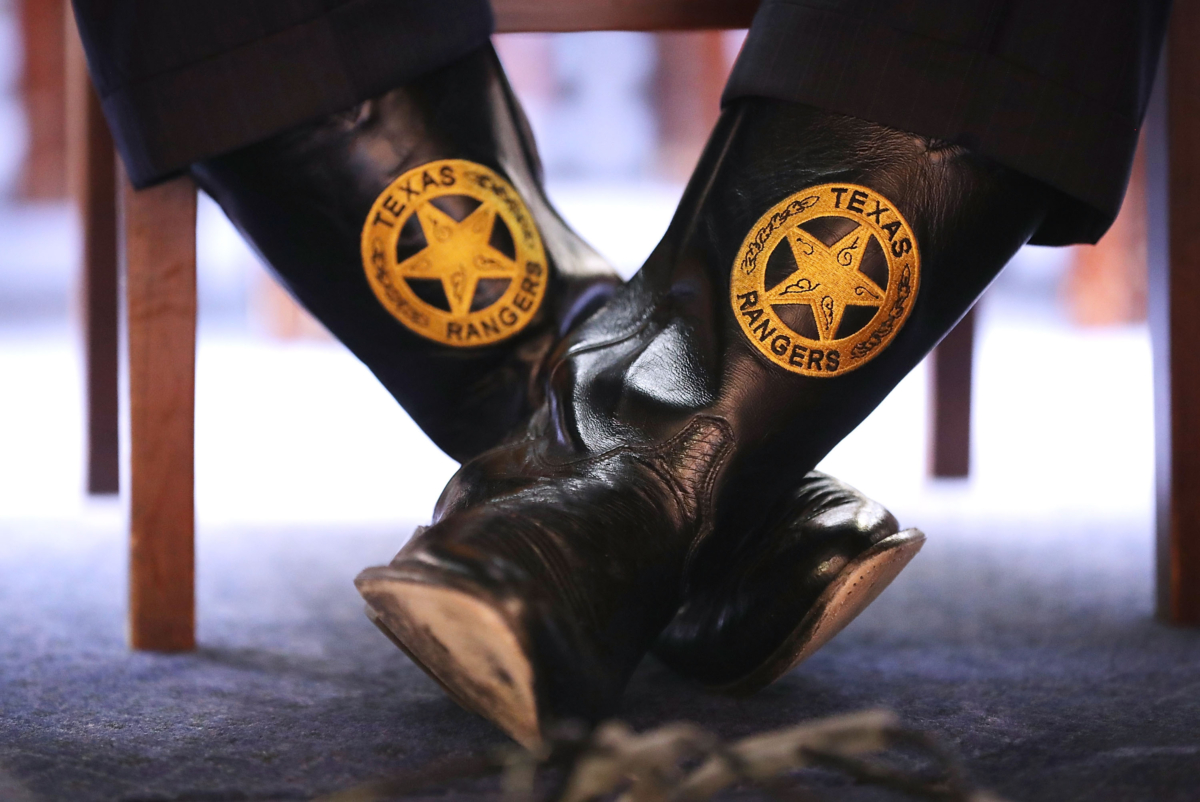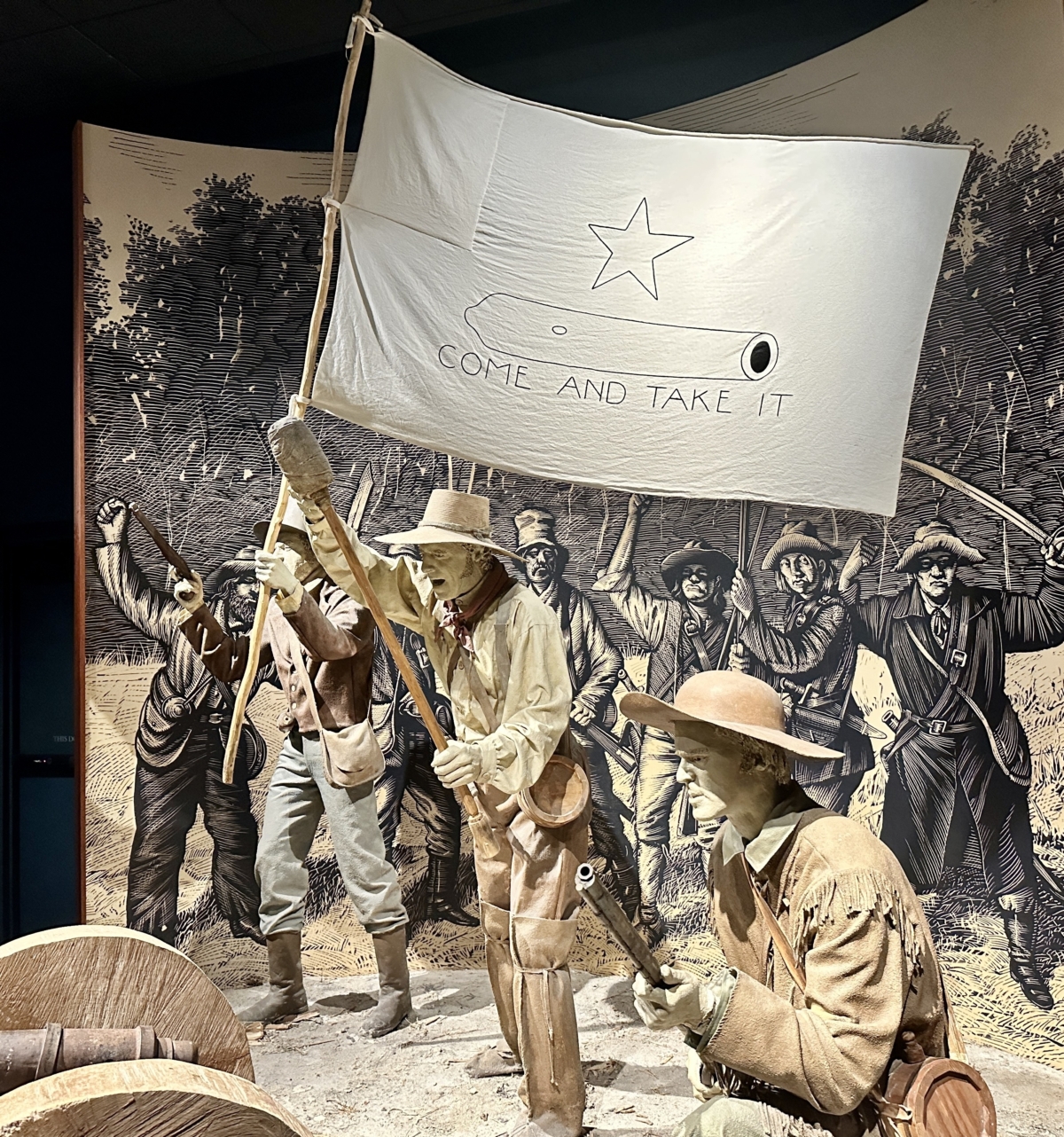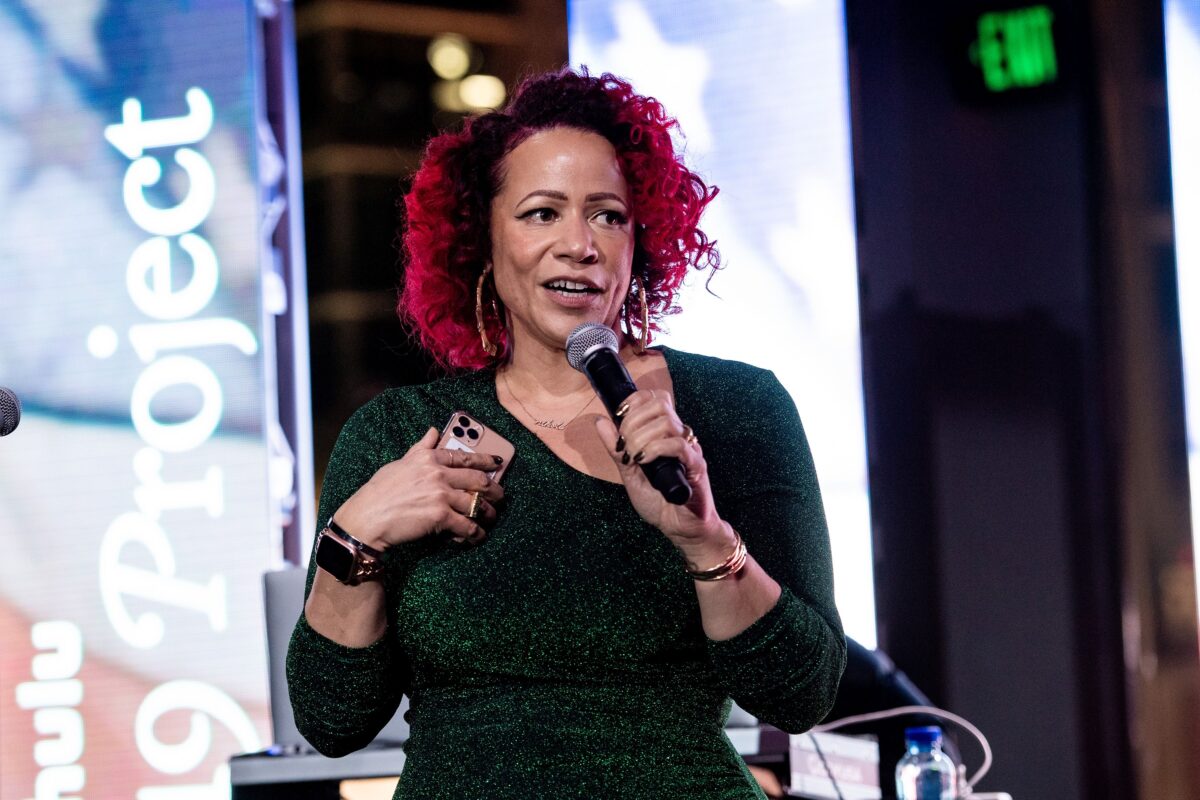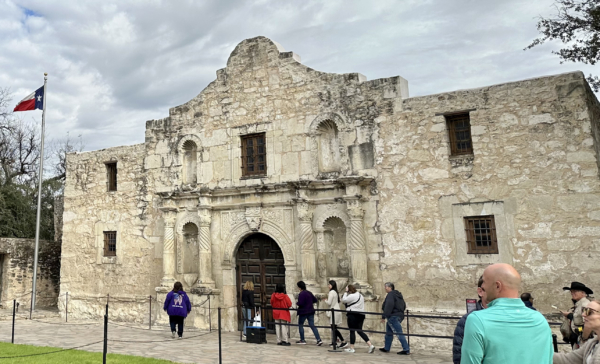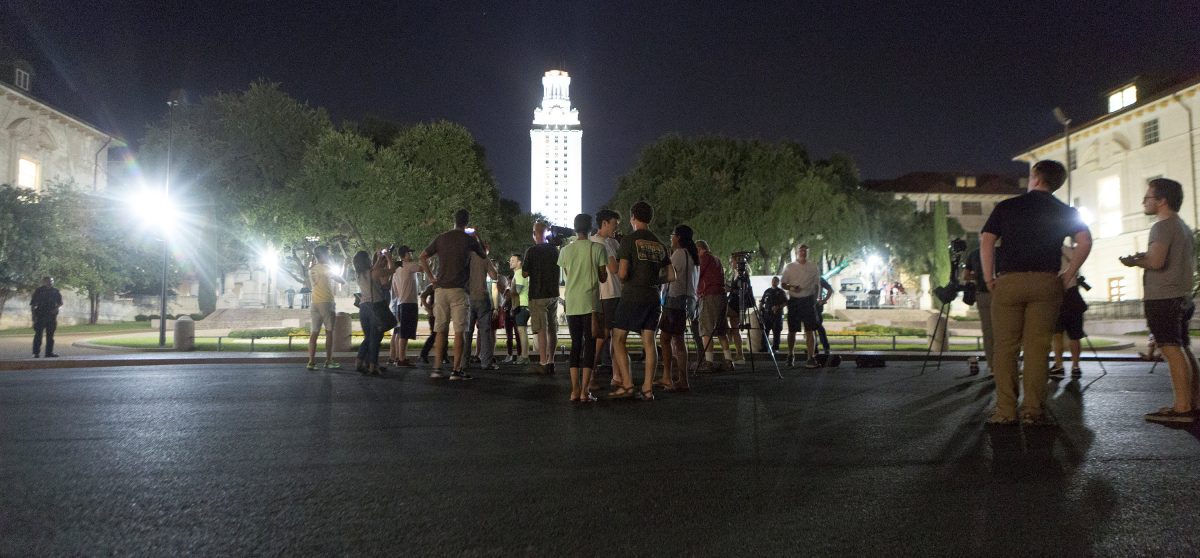

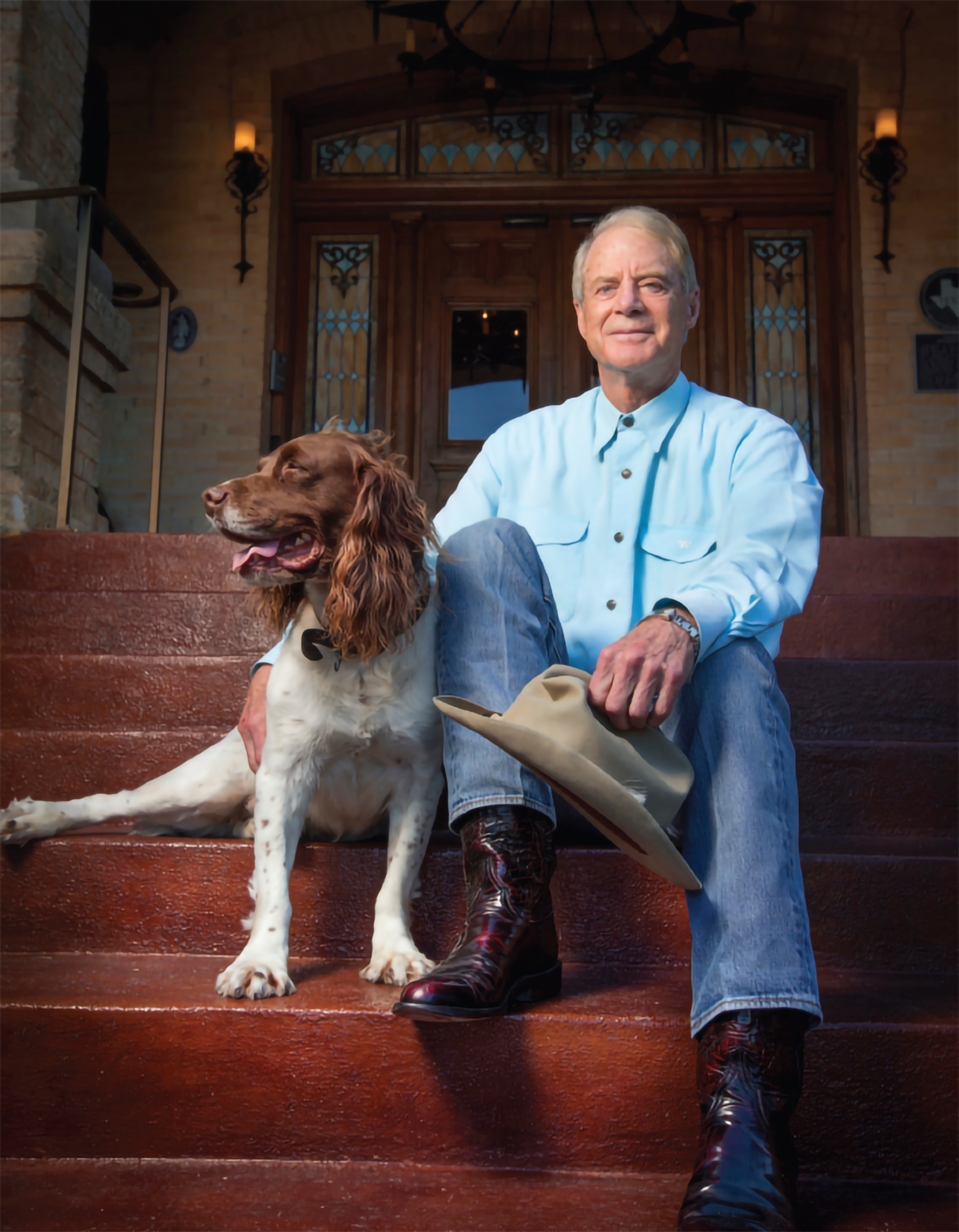
Just like the struggle occurring over American history, a similar battle is brewing over how Texas history will be taught, pitting politically aligned history professors against an 83-year-old history buff.
The professors have indicated students of Texas history should understand that Texas has a white supremacist past and has all but ignored racism and slavery, according to scholarly sites and articles to which some have contributed.
J.P. Bryan, Jr., a retired oilman with a love of Texas history, believes that’s a “radical” revisionist view that doesn’t tell a balanced story of the accomplishments and failures of all Texans, including Anglos.
He considers himself a “traditionalist” and contends students of Texas history should learn that the Lone Star State’s fight for independence was about freedom, not slavery.
Now Texas—with its rich history under six different national flags and the famed Battle of the Alamo—is at the center of a skirmish that will determine how Texas history is viewed.
In September, the battle is expected to play out in a Texas courtroom.
On one side will be Mr. Bryan, who serves as executive director of the Texas State Historical Association (TSHA), and filed a lawsuit against Nancy Baker Jones, individually and as president of the TSHA.
On the other side will be several teachers and professors, who also serve on the board and now make up a majority.
The way the TSHA, founded in 1897, views history is important, those involved in the fight say, because it influences how state history is portrayed in Texas schools. The association offers history resources to teachers.
TSHA also produces the “Handbook of Texas,” the “Southern Quarterly” and the “Texas Almanac.”
So with conflicting ideologies at war and the record of history at stake, both sides of this Texas tussle are campaigning to get their message across to win public support.
Mr. Bryan, a philanthropist who also founded the Bryan Musem, told The Epoch Times he is challenging a “woke” takeover of the TSHA by academics who want to pack the board.
Their supporters launched a website called ConcernedTSHAmembers.com and asked visitors to sign a petition against the lawsuit filed by Mr. Bryan.
The site accuses Mr. Bryan of orchestrating a “hostile takeover” of the board, calling his traditional views of Texas history “narrow, regressive, damaging history” that looks more like “folklore and legend than legitimate history.”
Academic supporters say they want to highlight the accomplishments of minorities and reject the “white supremacy and myths” of Texas’ past, according to an article by John R. Lundberg posted on the concerned TSHA members’ site.
That politically left-leaning narrative that focuses heavily on race needs balance, Mr. Bryan contends. It’s wrong for the other side to want to silence opposing viewpoints, he added.
“They only focus on the victimization of people,” Mr. Bryan said. “They don’t see the larger picture.”
For example, the professors object to using the word “‘settlement” in telling the history of the West. They believe Native Americans already settled the West, Mr. Bryan said.
Some scholars say the fight for Texas independence was over slavery and white supremacy. It’s similar to the way history is portrayed in the 1619 Project.
That version of American history, compiled by writers from The New York Times and The New York Times Magazine, paints America as a racist country founded on slavery and systematically racist and unredeemable.
Academics also have targeted the Texas Rangers, portraying the elite law enforcement group as racists who committed atrocities early in their history. To make their case, they point to the “Porvenir massacre.”
Accounts of the tragedy differ. In it, 15 unarmed Hispanic male farmers were killed by lawmen dispatched to investigate raids on local ranchers.
Traditionalists say that history should tell about such incidents. But they don’t believe it’s fair to condemn all Texas Rangers, past and present, for the bad actions of a few.
In recent years, academics and mainstream media have asserted that Texas sought independence after Mexican President Vicente Guerrero abolished slavery. But what’s left out is a few months after the decree, Texas—then a Mexican state—was granted an exemption, meaning slavery was not outlawed there.
Jerry Patterson, formerly a Texas lawmaker and land commissioner, said the idea that Texas revolted over slavery was popularized by the book “Forget the Alamo.”
“As hard as it may be to accept, Texas as we know it only exists because of slave labor,” the book’s authors wrote.
Mr. Patterson, who has a history degree, lays out his argument to the contrary on the 1836truth.com website. He says the Texas fight for independence wasn’t about slavery.
The book ignores the fact that, during the same time period, seven other Mexican states with no slaves also rebelled, Mr. Patterson told The Epoch Times. While slavery was, indeed, important to the Texas economy, he rejects the idea it sparked the Texas revolt.
Slavery is not mentioned in the Texas Declaration of Independence.
Mr. Patterson acknowledges that some telling of Texas history has portrayed Anglos as heroes and Mexicans as miscreants.
“To be fair, for 100 years, we taught history wrong,” he said. “We taught history that Texas Rangers are absolutely noble men of law enforcement, and they were most of the time.”
Mr. Bryan never imagined that stepping in as executive director of the THSA would lead to a court case. He has given millions of dollars to the association and helped it raise millions more during the 63 years he’s been involved in the group.
A controversy that erupted in March is what led him to sue the organization began about six months after he financially bailed out the organization in October of 2022. The organization was struggling financially, and the finances were in disarray, Mr. Bryan said, adding that the chief financial officer quit because he was tired of trying to collaborate with the “woke element of the organization.”
Members nominated a former Texas history teacher and adjunct history professor at the March board meeting to fill a vacancy. Mr. Bryan believed the seat should have been filled by a “non-academic.”
Bylaws require the TSHA board to be made up of an even split between academics and non-academics. They define an academic as an active or retired employee of “an accredited academic institution whose position at that institution materially involved the teaching or research of history.”
Mr. Bryan objected to the history teacher’s nomination. But members voted to add the teacher to the board anyway.
Now, the makeup of the board is 12 academics and eight non-academics, he said. And that doesn’t provide the proper balance between the opposing viewpoints, Mr. Bryan said.
However, some board members didn’t agree with Mr. Bryan’s assessment of the board.
In May, board president Nancy Baker Jones, who taught women’s history at St. Edward’s University in Texas, tried to convene a special meeting of the board of directors. Her aim was to “design a new leadership structure,” eliminating the executive director position held by Mr. Bryan, according to TSHA meeting documents.
But before he could be fired, Mr. Bryan filed a lawsuit. And a judge affirmed his request for a restraining order against Ms. Jones, bringing a temporary halt to her plans to remove him.
The judge’s order stipulated the board could not meet until after the September trial, which will determine the meaning of the bylaws and board membership.
Mr. Bryan also is suing Ms. Jones for “insulting, offensive, libelous and slanderous remarks that she was asked to withdraw but refused,” according to the lawsuit. Damages could be up to $1 million.
Jones categorically denied all allegations against her, according to court documents.
A spokeswoman for Ms. Jones declined to comment because of the pending lawsuit.
Board member Sonia Hernandez, Associate Professor of History at Texas A&M University, took issue with Mr. Bryan’s assertion that a board made up of mainly academics “overlooks or undervalues” financial operations and business matters needed for the organization’s success that non-academic board members could bring.
“Mr. J.P. Bryan’s blanket accusations and animosity toward ‘academics’ goes against the very foundation of the TSHA. Accusing ‘academic board members’ of not valuing or caring about the financial well-being of the TSHA is plainly wrong,” she wrote.
In the past, conservatives and liberals got along at TSHA “because regardless of their political ideology, they loved Texas and America,” Mr. Bryan said.
But now all that’s changed, he said.
In recent years, the TSHA has lurched toward the ideological Left, which has caused it to lose donations and members, most of whom aren’t considered academics, Mr. Bryan said.
At its annual meeting in March, TSHA offered seminars titled “Violence in Texas: Vigilantism and White Supremacy Past and Present,” “Activism and Erasure in 20th Century Mexican American Education in Central and South Texas,” and “Queer History in Texas.”
And two years earlier, Walter L. Buenger—a history professor at the University of Texas, Austin, serving as TSHA chief historian—told USA Today that the Battle of the Alamo was nothing more than an effort to “commemorate whiteness.”
Mr. Buenger did not respond to a request for comment.
The controversies over the Alamo and Texas history triggered state’s GOP lawmakers to create the 1836 Project in 2021 to promote “patriotic education” to counter what lawmakers saw as a leftwing agenda.
At the 1836 Battle of the Alamo, 189 Texians, who were Anglo setters, and Tejanos, who were Hispanics living in Texas, fought some 1,600 Mexican soldiers, though numbers vary. Led by Lt. Col. William B. Travis, the Texas defenders, as they’re known, chose to die rather than surrender.
Mr. Bryan said he loves Texas and America.
Their history should be told in full, he said, instead of allowing a few to fixate on social justice grievances because they see their state and nation as ill-gotten.
“They’re apologists for what they see our history having been,” he said. “They don’t realize that the only reason you have a right to say what you’re saying is, because you live in the greatest country in the world, in terms of free speech and personal freedoms.”

